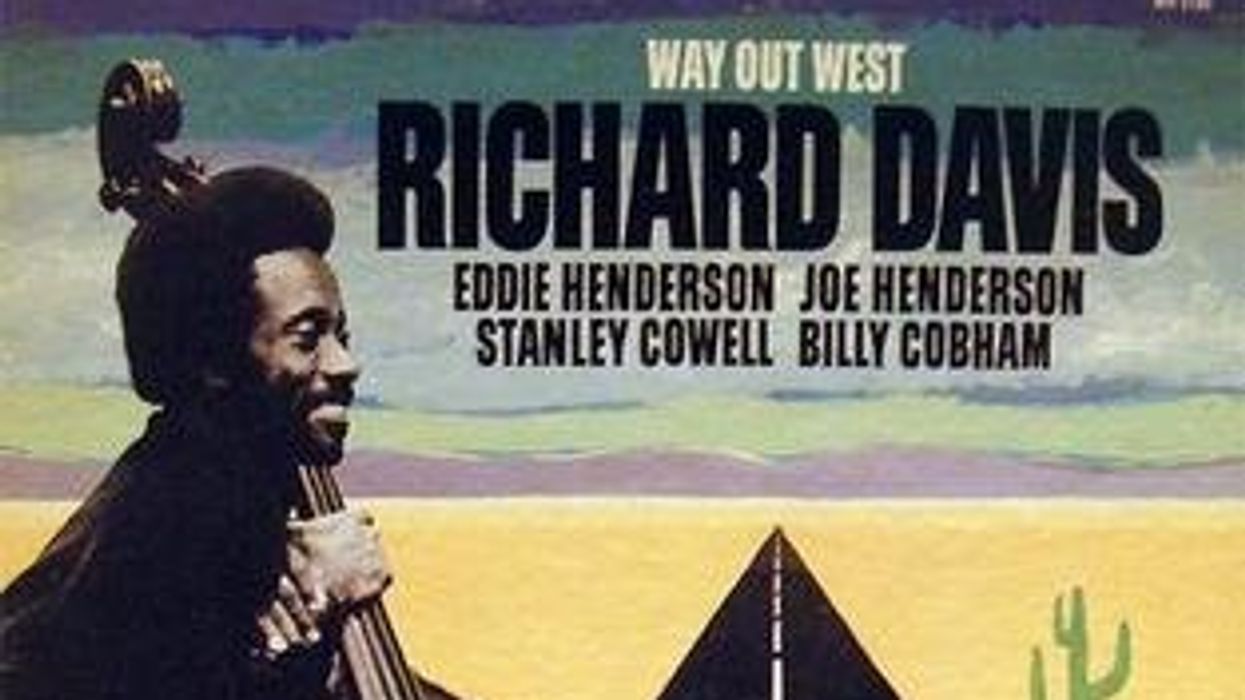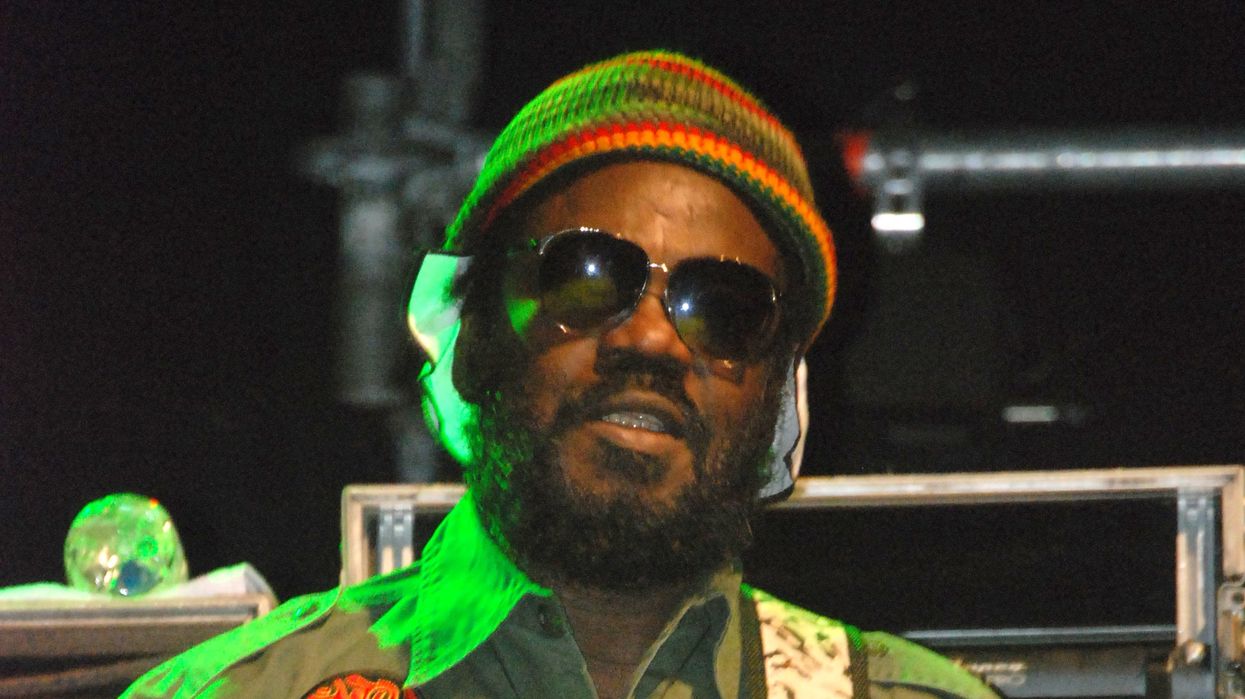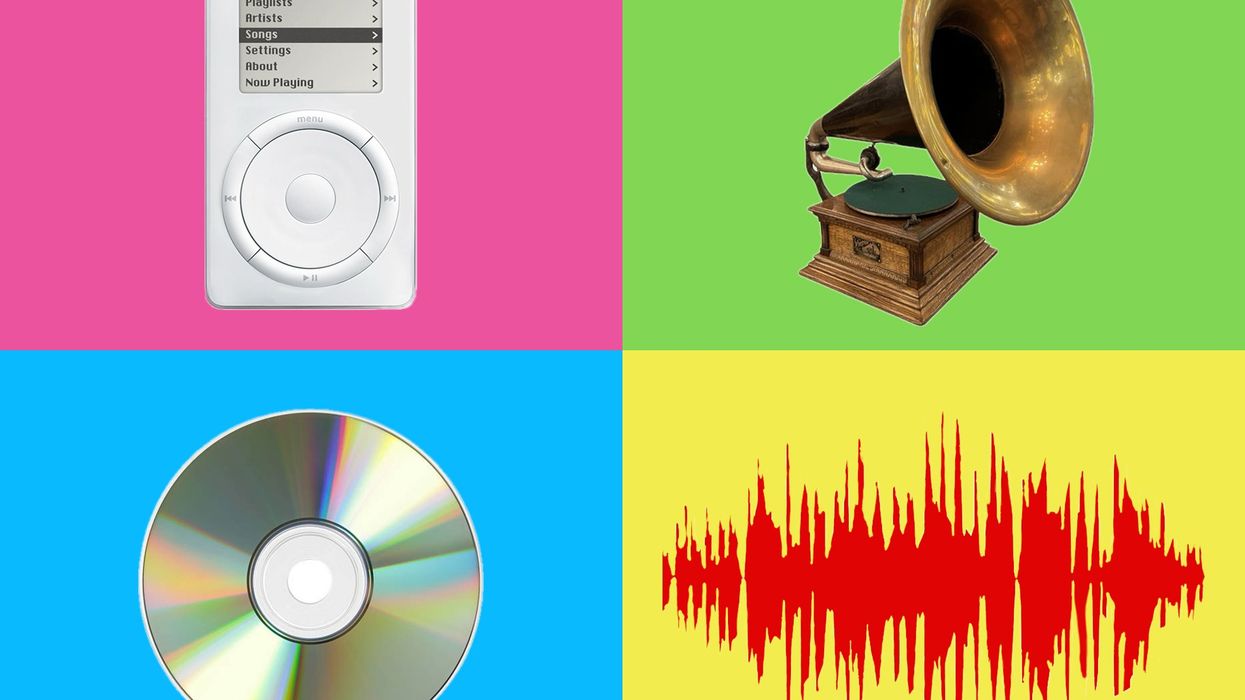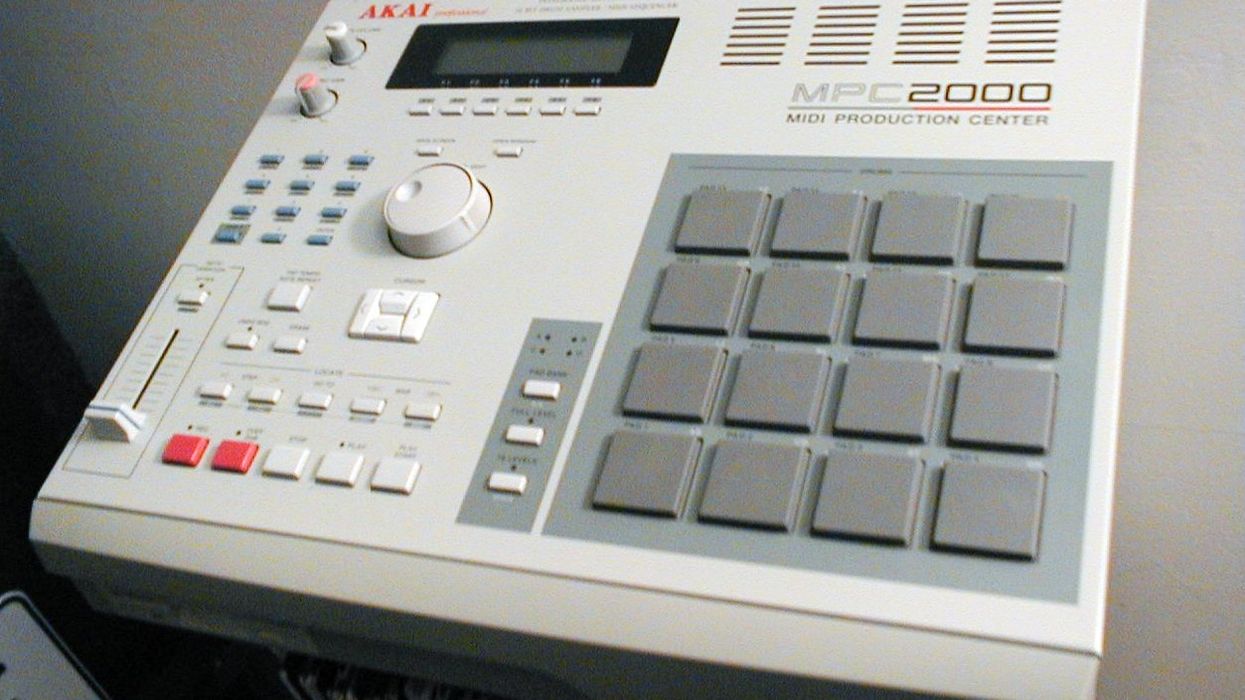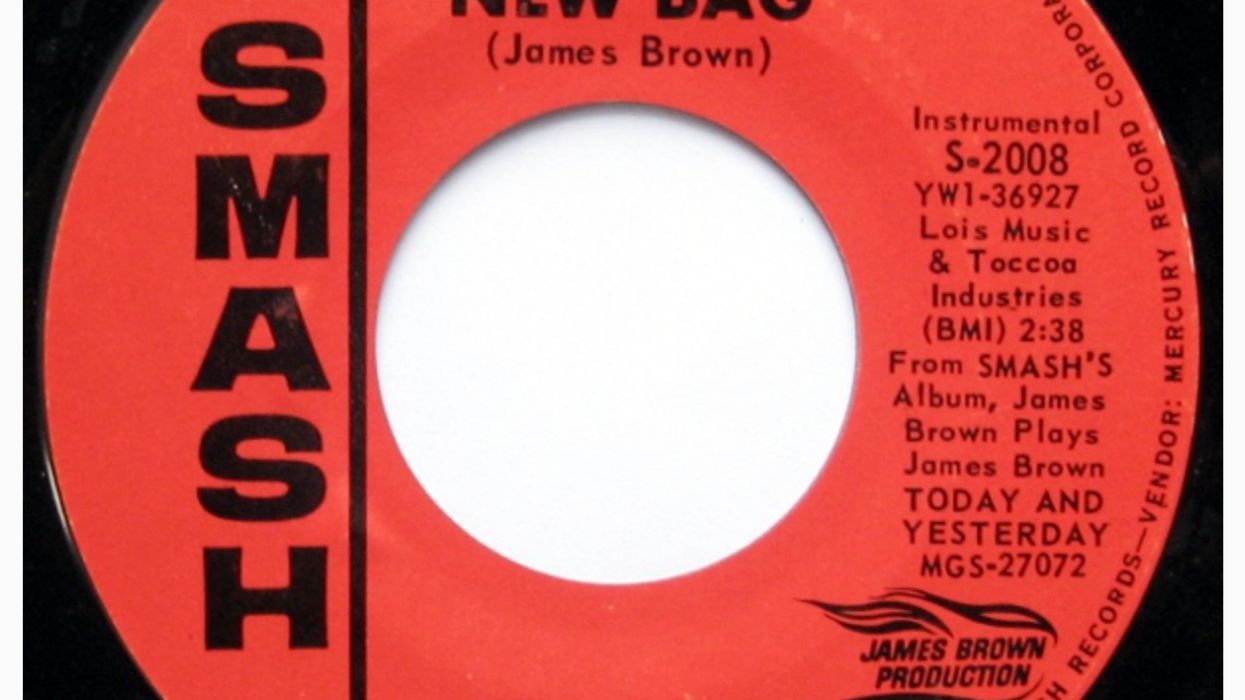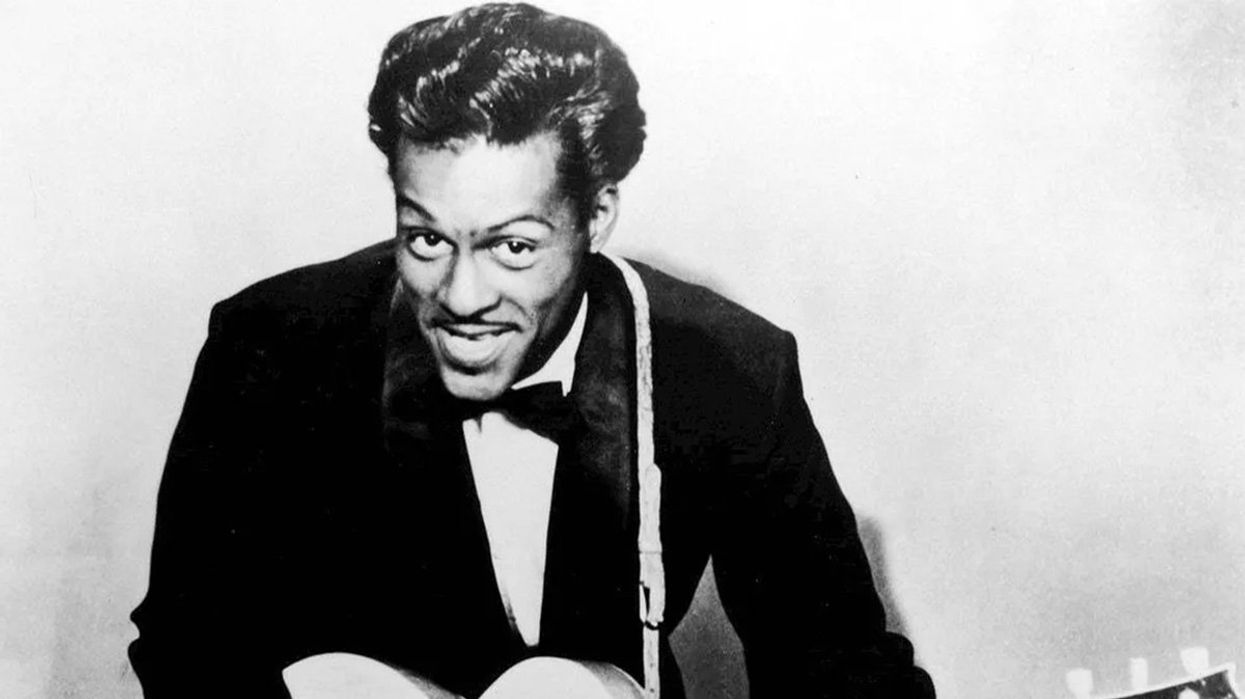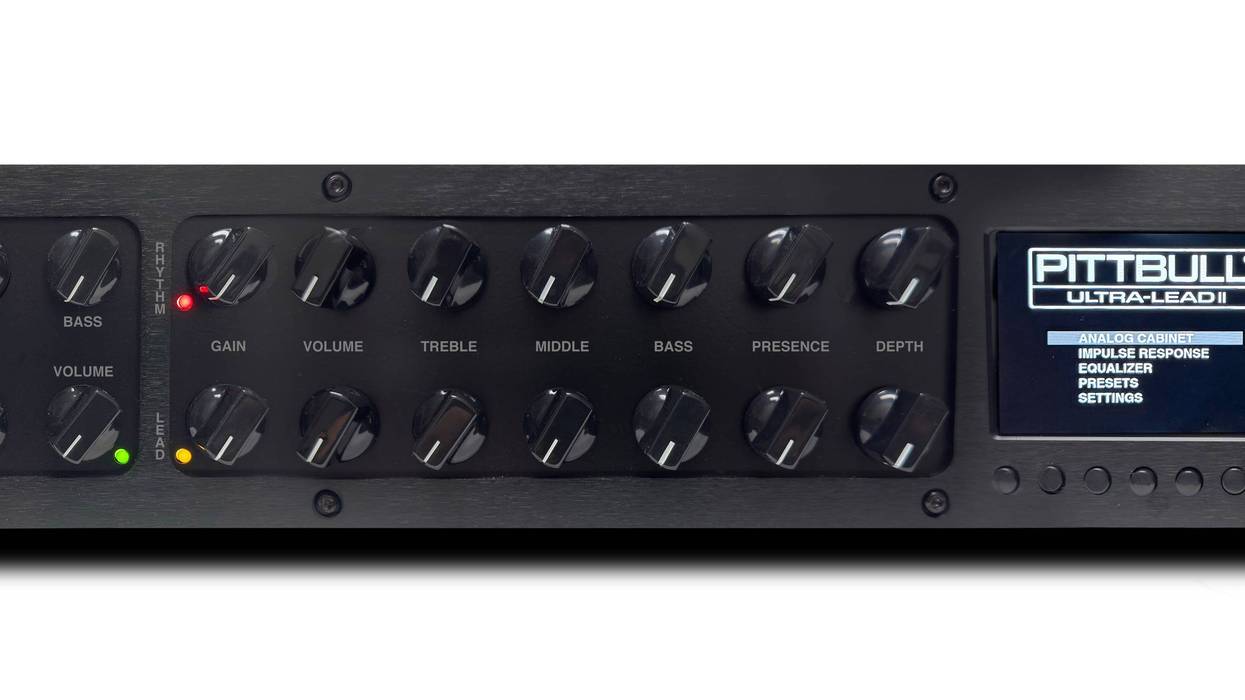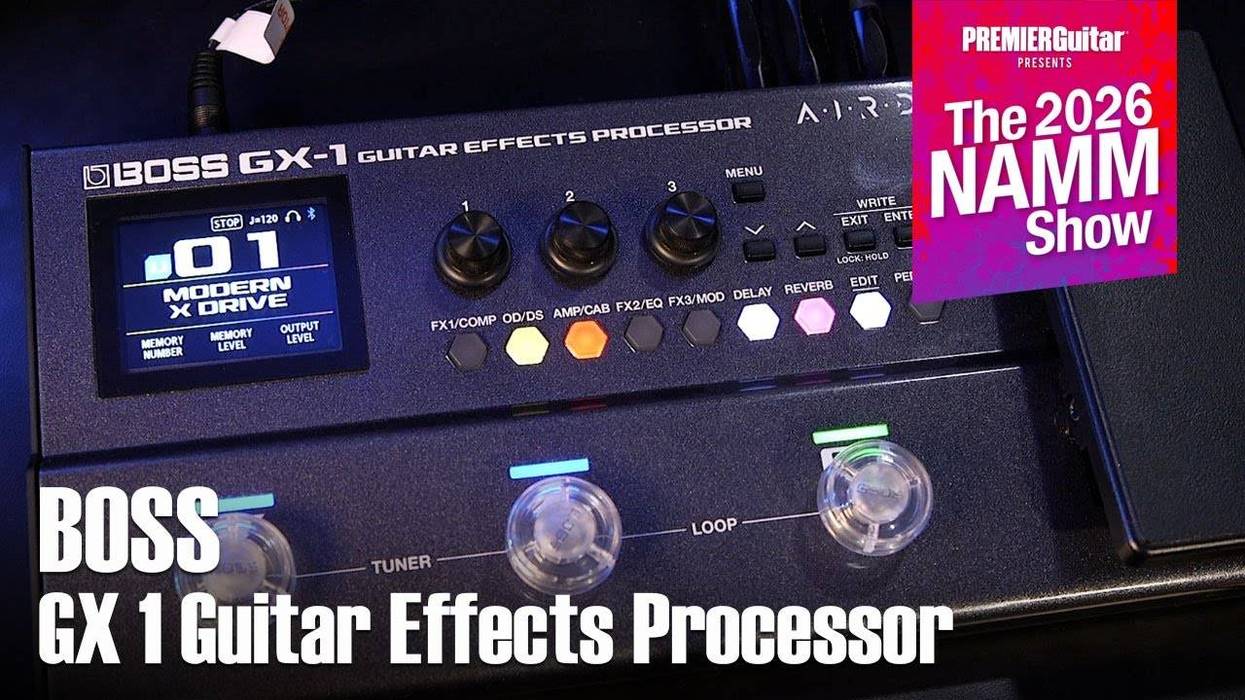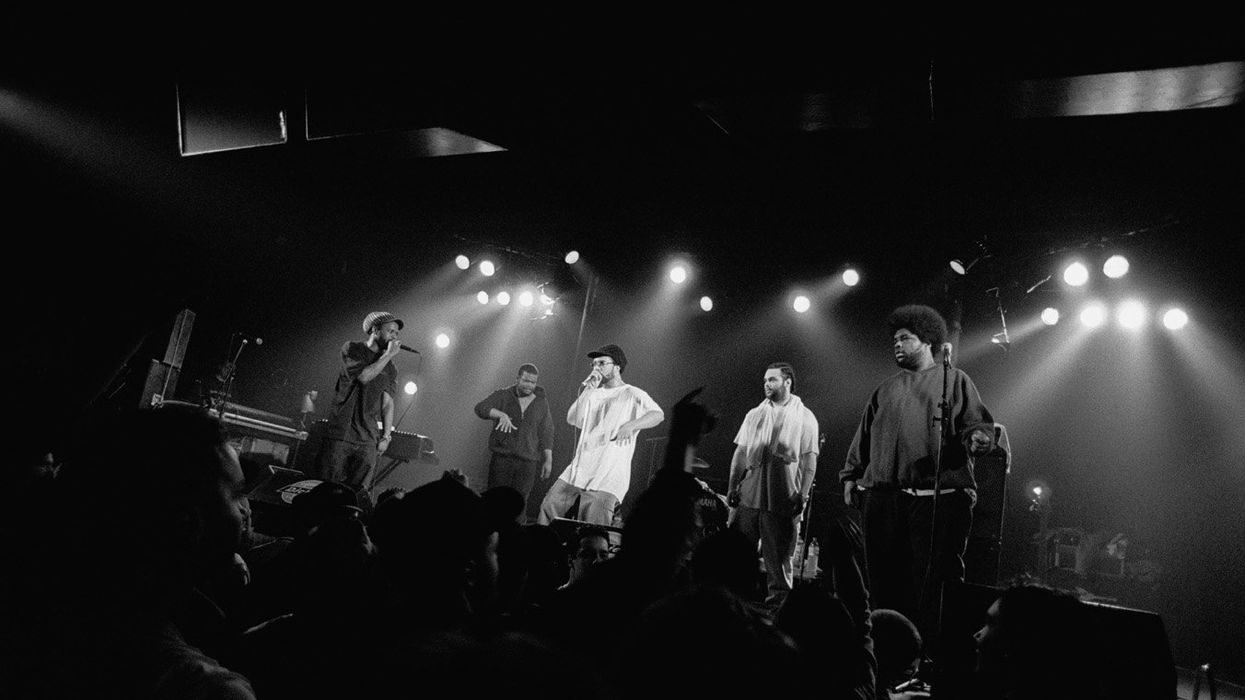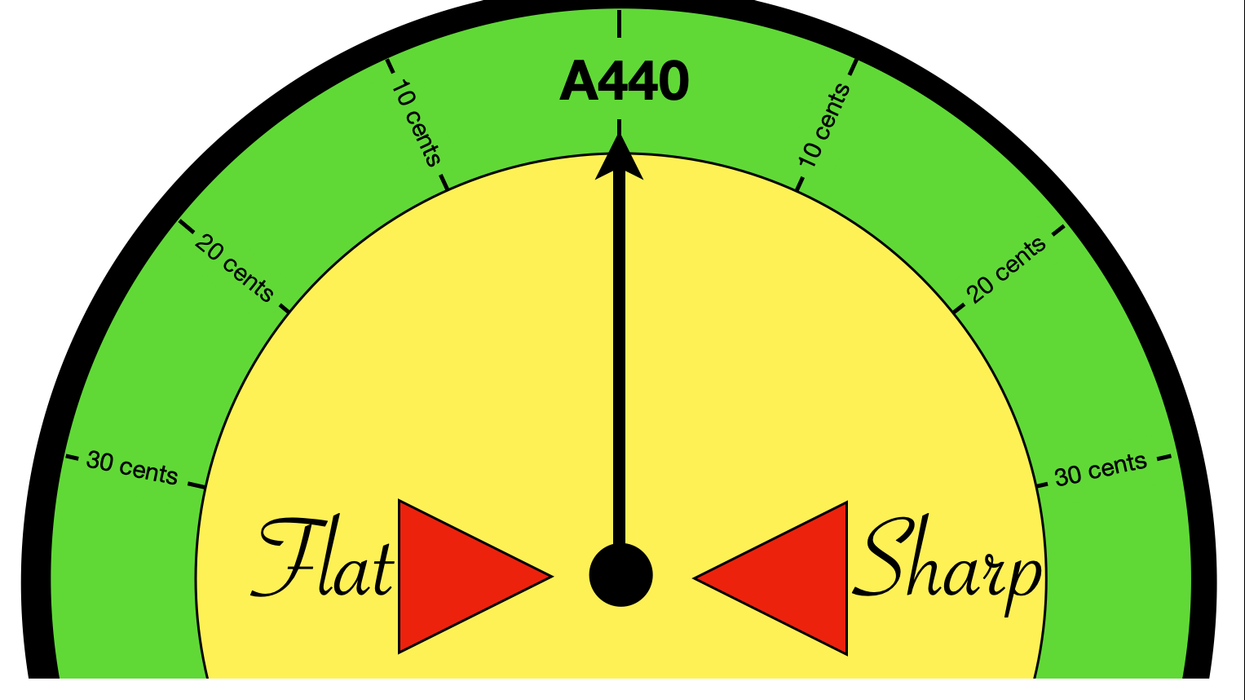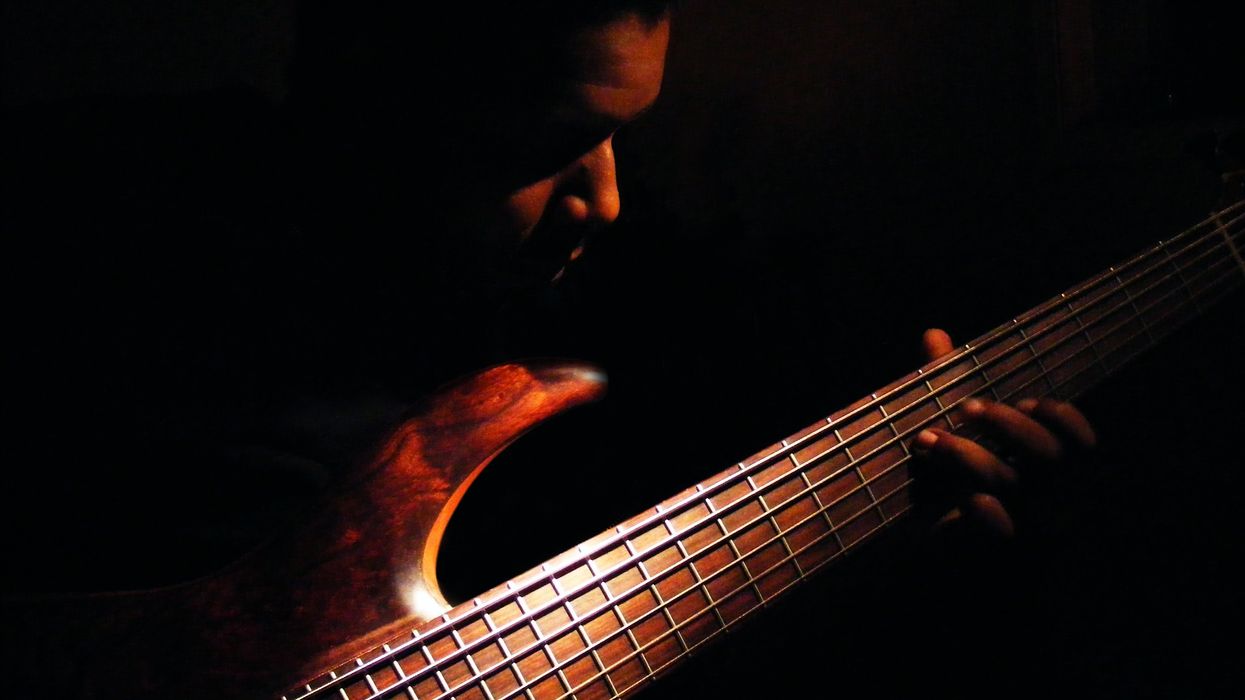I have been lucky enough to spend time with some amazing musicians. To me, every word they uttered was like gold dust. They rarely explained themselves. They would just say something profound and leave you to figure out what the hell it meant. From such utterances, one could extrapolate the meaning of life itself!
One pearl of wisdom that I heard dropped over and over was, “Genre does not exist. It’s an illusion.” This flies in the face of what most of us have been taught. How can genre, part of the bedrock of music anthology, be an illusion? Years later, I understood precisely what this meant, and why they had to say it. For Black so-called “jazz” musicians, the word jazz had often been used for decades to belittle and undermine generations of significant musical achievements. It certainly did not carry the gravitas or respect that “classical music” commanded. To the powers that be, jazz, as a Black music, was seen as a wholly lower art form.
Jazz has always included drawing from and embracing many musics and influences. Each encounter with something new expanded its boundaries further, as its innovators found ways to incorporate more and more sounds. The forces that attempted to shackle jazz to one lane had less to do with genre and more to do with race.
We should all know the name Miles Davis, but there was another lesser known Davis who also serves as a great example of an artist who shattered genre. I’m speaking of the virtuoso bassist, Richard Davis, who passed away this September at the age of 93.“Even if he had decided to retire from music in the ’70s, he would still have been one of the most recorded bassists ever.”
Davis’ resume seems like that of six successful musical careers smashed into one. He was an acoustic-bass virtuoso, born in 1934, whose work encompassed playing with a wide variety of artists. In just one year, 1964, he featured on over 20 groundbreaking albums, led by Joe Henderson, Eric Dolphy, Andrew Hill, Tony Williams, Milt Jackson, Kenny Dorham, Johnny Hodges, Hubert Laws, and more. I could continue listing his discography in that year alone, but I would soon run out of space! He recorded with Bruce Springsteen, both played on and musically directed Van Morrison’s Astral Weeks, and performed with a number of orchestras. Suffice it to say, Davis was well respected by great musicians across the entire musical spectrum, and did not allow himself to be restricted by genre or anything else.
Growing up in Chicago, Davis attended DuSable High School and thus was part of that esteemed group who studied under Captain Walter Dyett, including Nat King Cole, Von Freeman, Dinah Washington, Wilbur Ware, and many others. He also attended VanderCook College of Music, and studied double bass under Rudolf Fahsbender of the Chicago Symphony. Even back then, Davis’ musical circles and influences were pretty wide.
Davis eventually moved to NYC with Don Shirley (yes, the same Don Shirley from the 2018 movie Green Book), arriving at a time when musical experimentation and cross-pollination were the norm. With many great musicians from all over the world also arriving, NYC was the perfect environment within which to flourish. After a couple years, Davis had become an in-demand bassist, and by 1957 he’d joined Sarah Vaughan’s band, which he toured and recorded with while continuing to work with many others, including Elvin Jones, Dexter Gordon, Ahmad Jamal, and Thad Jones and Mel Lewis’ Jazz Orchestra, which played three sets every Monday at the Village Vanguard for decades.
Davis repeatedly won the Downbeat Critics Poll for best bassist and was known for being a consummate musician who could actually play anything at a high level. Even if he had decided to retire from music in the ’70s, he would still have been one of the most recorded bassists ever. However, his impressive musical career was but one portion of all that he achieved in his lifetime.
In addition to being a legendary bassist, Davis was also an involved racial-justice activist and humanitarian. He founded the Retention Action Project, a foundation focused on education and encouraging open dialogues around cultural differences. Davis also founded the Richard Davis Foundation for Young Bassists, which has annually placed masterful instructors with young bassists.
It really is no surprise that Richard Davis became the person that he did. He spent his entire life defying meaningless boundaries, whether they were the artificial walls around genre or the arbitrary ideas taught for hundreds of years around race. He used his considerable musical talents, work across many genres, and the respect that these won him throughout his long career, to unite and bring people of different backgrounds together.


